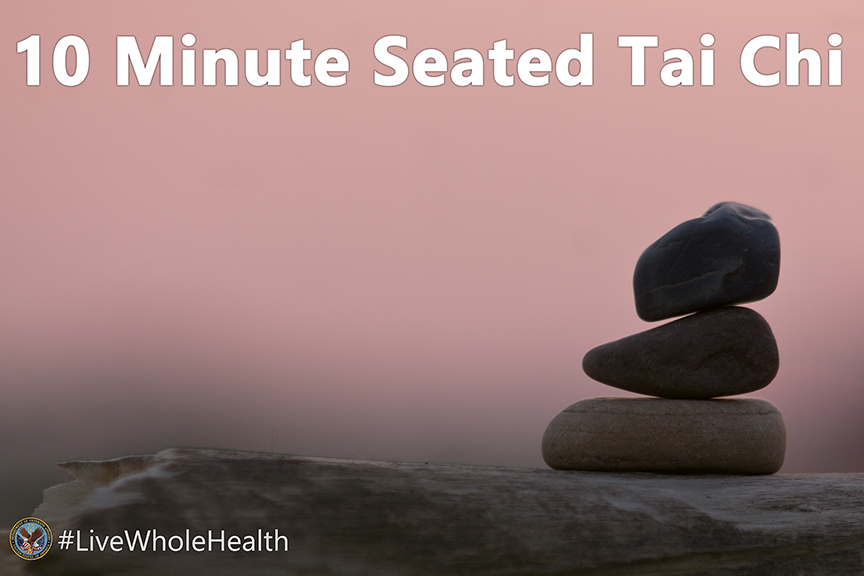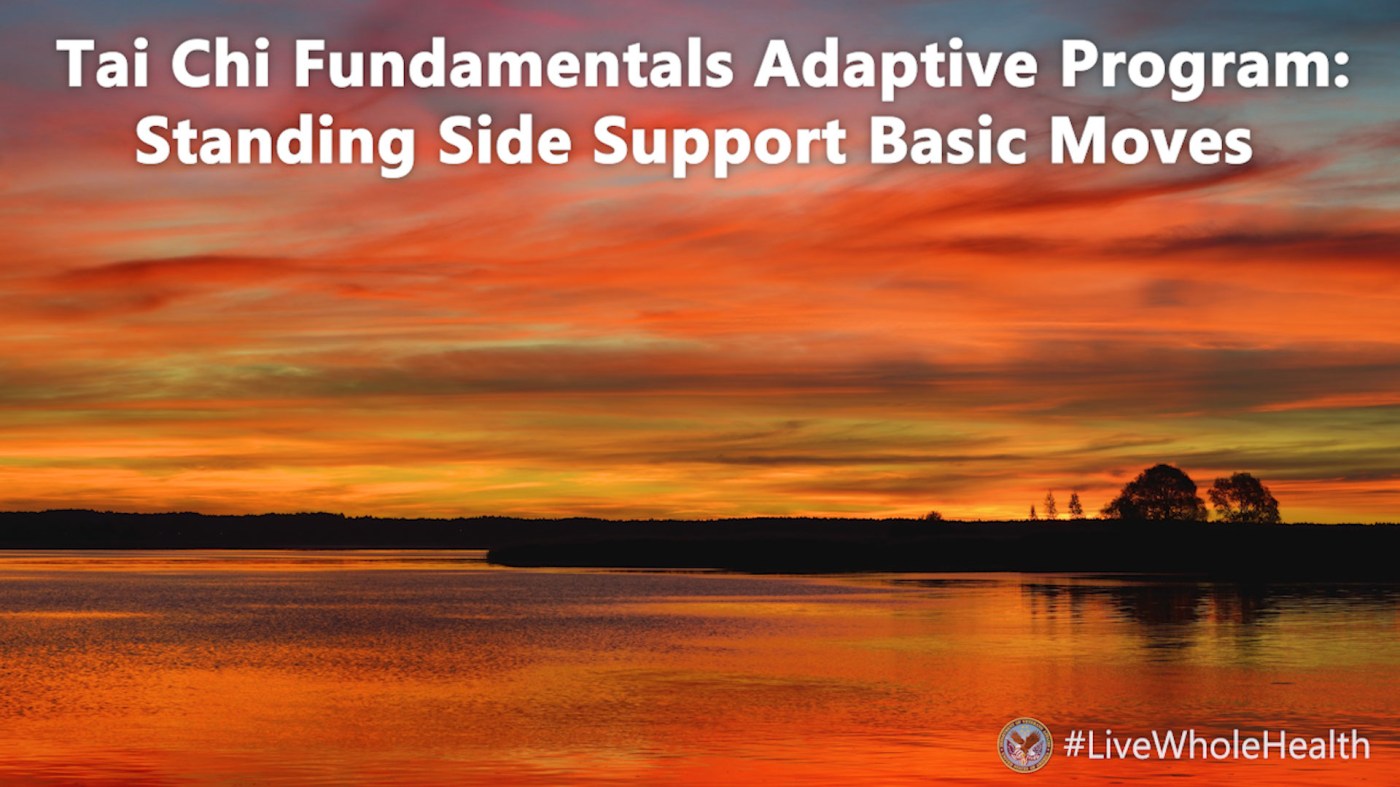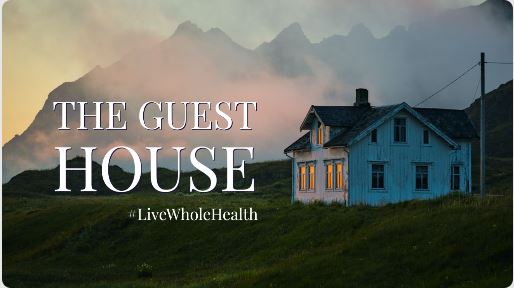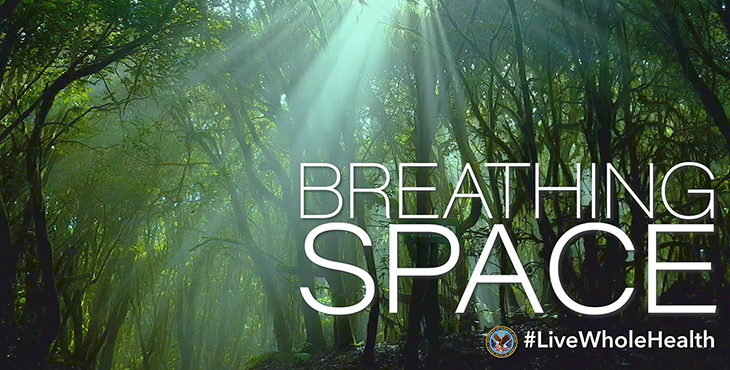Tai Chi is a mind-body exercise combining slow-flowing intentional movements with breathing, awareness and visualization. Rooted in the Asian traditions of martial arts, Chinese medicine and philosophy, Tai Chi may have benefits for relaxation, energy, focus, posture, balance, strength, flexibility and mood. Seated Tai Chi is accessible to most bodies, regardless of age or fitness level.
Tai Chi has been shown to improve health in many areas, including:
- Balance
- Fall risk
- Physical fitness and muscle strength
- Flexibility
- Quality of life
- Osteoarthritis and rheumatoid arthritis, two causes of joint pain and stiffness
- Blood pressure
- Cholesterol levels
- Promoting the ability to exercise for people with chronic heart failure
- Bone density (osteoporosis)
- Immune system health
- Quality of life for people with cancer
- Chronic pain
- Fibromyalgia symptoms
- Asthma and Chronic Obstructive Pulmonary Disease (COPD), including chronic bronchitis and emphysema
Join Dr. Cynthia Mealer, Employee Assistance Plan/Employee Whole Health coordinator at the Memphis VA Medical Center for this 10-minute seated Tai Chi practice any time you feel you need to stretch and slow down.
Find additional resources for both Tai Chi and Yoga, including short videos and information here: Moving the Body – Whole Health (va.gov).
If you want to learn more about Tai Chi and how it can benefit your life, read the Intro to Tai Chi/Qigong for Whole Health here: IntroTaiChiQigong__Final508_07-25-2019.pdf (va.gov).
Topics in this story
More Stories
Forget 'No Pain, No Gain'—try 'No Pain, More Gain' with Tai Chi! Calm the mind and gift yourself well-being in this week's #LiveWholeHealth practice.
Rumi’s "The Guest House" invites us to welcome each emotion as a teacher, even the unexpected ones. Listen and reflect for this week's #LiveWholeHealth practice.
Your breath is the most loyal friend you've always had. Connect, calm and heal with mindful breathing in this week's #LiveWholeHealth practice.







Due to COVID, more are working from home, sitting for most of the day. I feel this is helpful for anyone desiring to get some form of exercise during their sitting day.
Right, it’s Chi Kung (also spelled chi gung, qigong, q’i gong, q’i gung and many other ways). It is an essential aspect of tai chi chuan, and “Tai chi chuan without chi gung is not tai chi chuan.” I don’t recall who wrote that quote, because I read every book I could on the subject about 30 years ago and that quote stuck with me. I hope that’s helpful, this video certainly is!
Mark, I didn’t find the words Tai Chi Chuan anywhere, not even in the address for interested inquiry about fundamentals, &c. If one cannot practice any form of Tai Chi on the ground, then I could understand your complaint Mark. But gee whiz-bang, golly and all that stuff.
I really am glad to have found this, and will work with my disabled wife to try to increase her activity. I’ve already trained her in the basics of Aikido, since I was an instructor.
This is not Tai chi. I’m sure it can’t hurt anyone and might help wheelchair bound individual s but it isn’t Tai Chi Chuan.